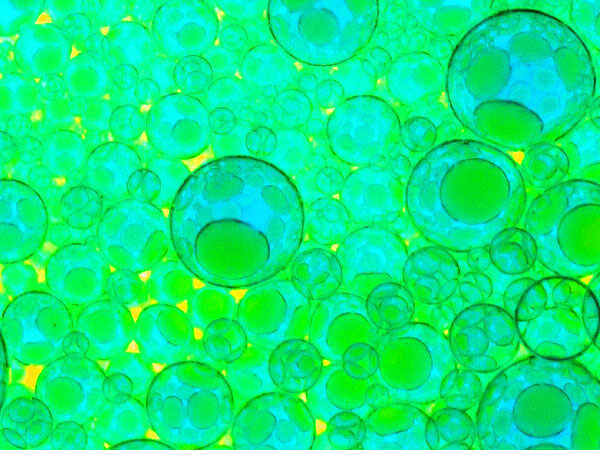CAR-T细胞:免疫肿瘤治疗
癌细胞与免疫系统,尤其是与 T 细胞的相互作用对机体抑制肿瘤发生、进展和转移至关重要。正常情况下,T 细胞可识别并清除表达抗原的癌细胞。肿瘤形成需满足以下条件:癌细胞增殖速率超过 T 细胞杀伤能力,或癌细胞成功逃避免疫清除机制。
T 细胞介导的细胞毒性的激活,依赖抗原呈递细胞(APCs),包括树突状细胞、巨噬细胞和 B 细胞。APC 细胞处理抗原后,由主要组织相容性复合体途径呈递,供 T 细胞受体(TCR)检测和识别。激活后的 T 细胞随后特异性清除表达该抗原的靶细胞。由于这一识别机制依赖于具有相应抗原识别受体的T细胞,因此癌细胞常通过下调 T 细胞靶抗原的表达来逃避免疫监视和清除。
 研究人员正试图开发针对癌细胞特异性普遍表达表面标志物的工程化受体,来规避癌细胞的这一逃避策略。经基因改造的 T 细胞可以表达嵌合抗原受体(CAR),从而形成 CAR-T 细胞。CAR-T 细胞可根据患者癌细胞表型进行个性化定制,显著增强免疫应答的特异性和有效性。
研究人员正试图开发针对癌细胞特异性普遍表达表面标志物的工程化受体,来规避癌细胞的这一逃避策略。经基因改造的 T 细胞可以表达嵌合抗原受体(CAR),从而形成 CAR-T 细胞。CAR-T 细胞可根据患者癌细胞表型进行个性化定制,显著增强免疫应答的特异性和有效性。
为使 CAR-T 治疗策略高效且易于实施,需构建一种快速、简便的 CAR-T 细胞大规模生产工艺。CAR-T细胞的生产需分离足够数量的 T 细胞以便下游操作。理想情况下,优先利用患者自身的 T 细胞,以减少潜在的自身免疫并发症。
在 CAR-T 细胞制备过程中,经提取分离的 T 细胞首先在体外激活,随后转导 CAR 基因。去除未成功转导的 T 细胞后,纯化后的 CAR-T 细胞群经体外扩增、浓缩处理,最终冷冻保存备用。
为降低对健康细胞的损伤并提升抗癌治疗效果,研究人员正致力于增强免疫系统固有的抗肿瘤活性。其中,CAR-T 细胞技术有望显著提升 T 细胞杀伤机制的特异性和有效性。
CAR-T 细胞疗法:介绍与概述视频




